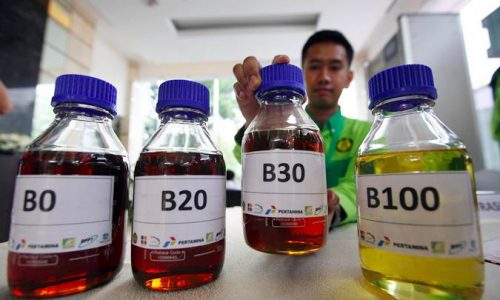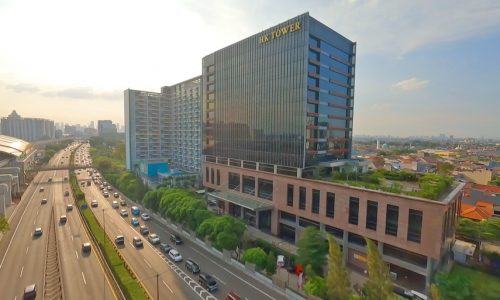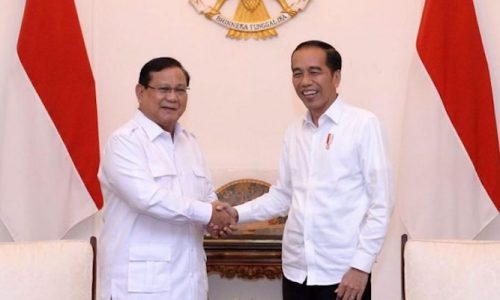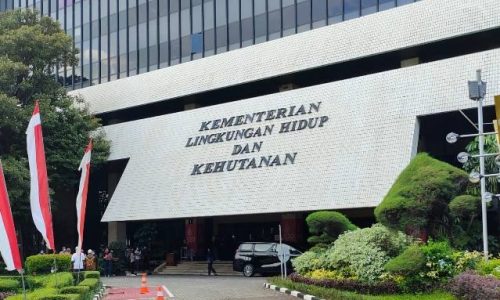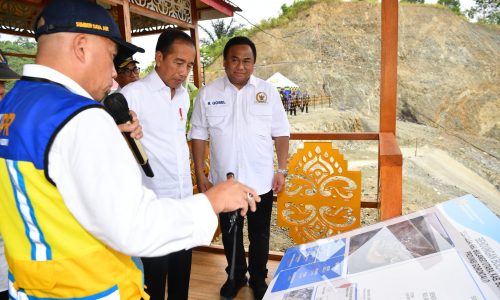The current study from S.Rajaratnam School of International Studies (RSIS) analysed that nowadays, pro-Islamic State (IS) terrorist groups in Indonesia pose a significantly less lethal threat compared to the recent past.
According to the study, the decline in lethality and frequency of pro-Islamic State (IS) attacks in Indonesia is largely attributed to the mass arrest of its senior leaders in 2018, such as Jamaah Ansharut Daulah (JAD), leaving their cells unable to a common strategy and to mobilize resources collectively.
This is in line with the study published by the ISEAS Yusof Ishak Institute, which revealed that the problem of terrorism and violent extremism in Indonesia appears much reduced since the heyday of IS’ territorial caliphate.
Most attack plots are typically conducted with knives or improvised low-grade explosive devices (IEDs), indicating low technical capability and limited access to weapons. Over time, attack methods have transitioned from high-impact weapons of the first-half of the 2000s to the low-impact weapons of the past four to five years.
Consequently, the number of victims of terrorism have significantly decreased since its peak at the time of the Bali bombings of 2002.
However, the threat of pro-IS groups remains, with new cells emerging in areas that previously had no history of terrorism, such as Puhowanto, Gorontalo, and Banjarbaru, South Kalimantan, reported by the Institute for Policy Analysis of Conflict (IPAC). In 2021, new pro-IS cells were also forming in Nganjuk, East Java.
Radicalization through offline propaganda
The study shows the data from the Indonesian Terrorist Inmate (ITI) related to Indonesian pro-IS terrorist radicalization patterns. The data indicates in 2018, 67 percent of Indonesian-pro IS supporters were radicalised through offline processes.
They were mostly influenced by extremist ulamas and radical Quranic recital groups at mosque sermons, which accounted for the starting point of 80 percent of offline radicalization cases in 2018.
Offline radicalization of pro-IS supporters was also prevalent in 2021, apparent in 60 percent of those arrested.
Although the proportion of pro-IS supporters radicalized online increased from 35 percent in 2018 to 40 percent in 2021, many were still involved in offline processes as well. Overall, online-only radicalization occurred in only 13 percent of cases in 2021.
The role of social ties in facilitating the radicalization process was also observed where most pro-IS terrorist group members were radicalized by or with someone they were personally familiar with.
The data shows that in 2018, 73 percent of all pro-IS supporters who were arrested had a social relationship with another member who facilitated their radicalization process. In 2021, the percentage remained high at 77 percent.
The most common social ties that facilitated radicalization were the individual’s relationship with their ulamas, followed by friendships and family ties.
The case of the Anshar Daulah Villa Mutiara group, located in Makassar, South Sulawesi, illustrates the role of social ties in radicalization. This group was brought together by Rizaldy, who became close to other members through his work as an ulama. The group was responsible for a suicide bombing in March 2021 that killed 20 people.



